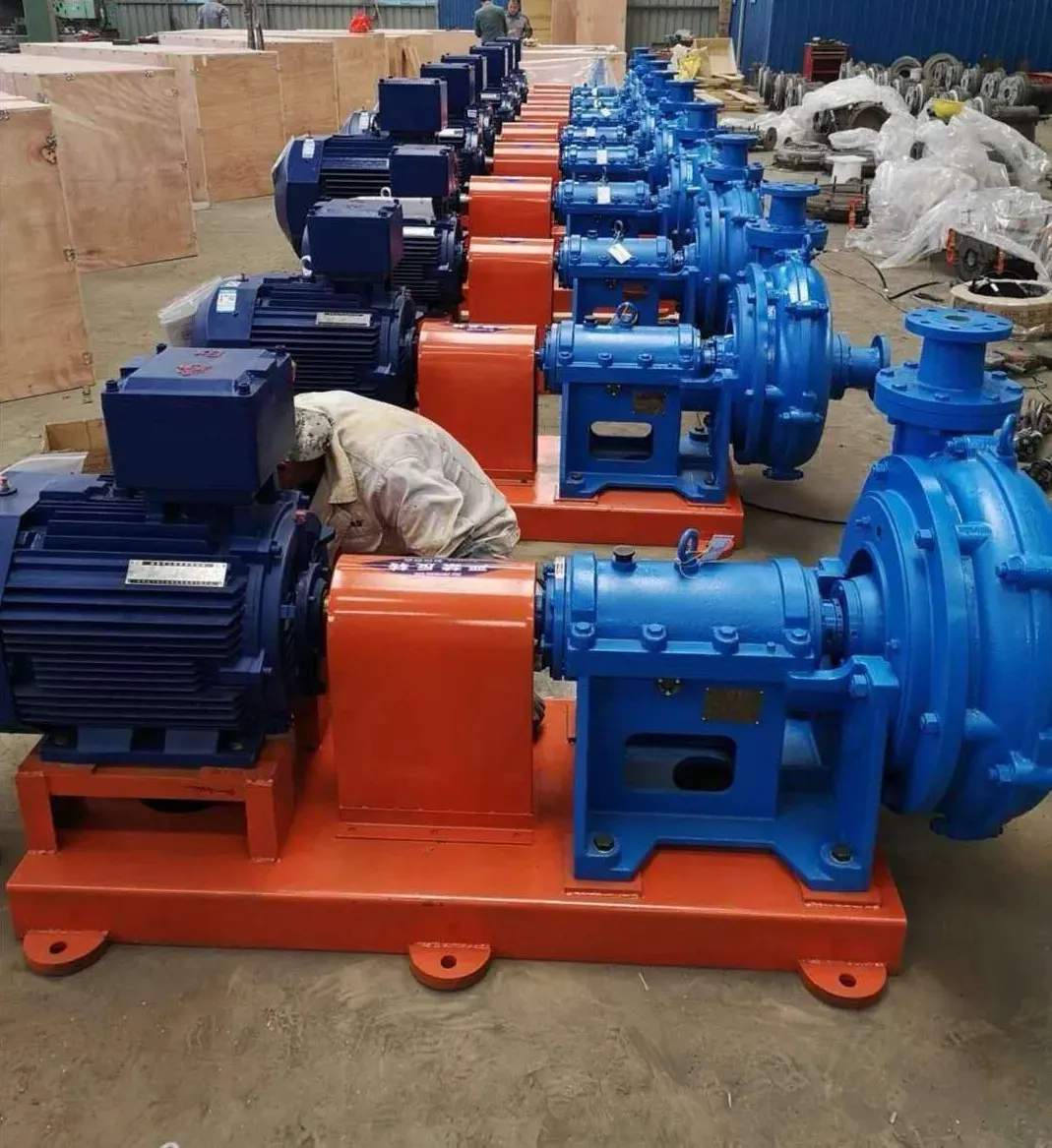Scottish Gaelic
- Afrikaans
- Albanian
- Amharic
- Arabic
- Armenian
- Azerbaijani
- Basque
- Belarusian
- Bengali
- Bosnian
- Bulgarian
- Catalan
- Cebuano
- Corsican
- Croatian
- Czech
- Danish
- Dutch
- English
- Esperanto
- Estonian
- Finnish
- French
- Frisian
- Galician
- Georgian
- German
- Greek
- Gujarati
- Haitian Creole
- hausa
- hawaiian
- Hebrew
- Hindi
- Miao
- Hungarian
- Icelandic
- igbo
- Indonesian
- irish
- Italian
- Japanese
- Javanese
- Kannada
- kazakh
- Khmer
- Rwandese
- Korean
- Kurdish
- Kyrgyz
- Lao
- Latin
- Latvian
- Lithuanian
- Luxembourgish
- Macedonian
- Malgashi
- Malay
- Malayalam
- Maltese
- Maori
- Marathi
- Mongolian
- Myanmar
- Nepali
- Norwegian
- Norwegian
- Occitan
- Pashto
- Persian
- Polish
- Portuguese
- Punjabi
- Romanian
- Russian
- Samoan
- Scottish Gaelic
- Serbian
- Sesotho
- Shona
- Sindhi
- Sinhala
- Slovak
- Slovenian
- Somali
- Spanish
- Sundanese
- Swahili
- Swedish
- Tagalog
- Tajik
- Tamil
- Tatar
- Telugu
- Thai
- Turkish
- Turkmen
- Ukrainian
- Urdu
- Uighur
- Uzbek
- Vietnamese
- Welsh
- Bantu
- Yiddish
- Yoruba
- Zulu
Telephone: +86 13120555503
Email: frank@cypump.com
Dùbh . 20, 2024 23:07 Back to list
chemical resistant transfer pump
Understanding Chemical Resistant Transfer Pumps Essential for Safe Fluid Handling
In industries where hazardous chemicals are used, transferring these substances safely and efficiently is of paramount importance. Chemical resistant transfer pumps play a critical role in this process. They are specifically designed to handle corrosive, toxic, and hazardous fluids, providing safe and reliable means for fluid movement in various applications. In this article, we will explore the characteristics, applications, and advantages of chemical resistant transfer pumps.
What Are Chemical Resistant Transfer Pumps?
Chemical resistant transfer pumps are engineered to withstand the harsh conditions posed by aggressive chemicals. These pumps are made from materials that can resist corrosion and degradation, enabling them to handle a wide range of substances, including acids, bases, solvents, and more. Common materials used in the construction of these pumps include polypropylene, PVDF (polyvinylidene fluoride), and stainless steel, all of which provide excellent resistance to chemical attack.
Key Features
1. Material Compatibility The most significant feature of chemical resistant transfer pumps is their construction materials. The right choice of material ensures that the pump can handle specific chemicals without risk of failure.
2. Safety Mechanisms Many chemical pumps are designed with built-in safety features such as leak detectors and pressure relief valves. These mechanisms help prevent accidents and ensure operational safety when handling hazardous materials.
3. Versatility These pumps are often capable of handling various types of fluids, making them ideal for industries ranging from pharmaceutical to petrochemical.
4. Durability Chemical resistant pumps are built to last. Their robust construction ensures a longer operational life, reducing downtime and maintenance costs.
5. Efficiency With optimal performance in transferring high-viscosity fluids and those with solid content, these pumps offer high efficiency, which is crucial in industrial applications.
Applications of Chemical Resistant Transfer Pumps
Chemical resistant transfer pumps find their utility in numerous industries. Here are some key sectors where they are indispensable
chemical resistant transfer pump

2. Pharmaceuticals In the pharmaceutical industry, maintaining the integrity and purity of drugs is critical. Chemical resistant pumps ensure safe transfer of sensitive substances.
3. Petrochemical Industry These pumps are used to transfer various chemicals and petroleum products, facilitating safe operations in an industry that deals with highly flammable and toxic materials.
4. Water Treatment Plants In waste treatment, chemical resistant pumps handle corrosive agents used in the purification processes.
5. Food Processing Some pumps, designed for chemical resistance, are also certified for food handling, facilitating the safe transport of sanitizing solutions or other food-grade chemicals.
Advantages of Using Chemical Resistant Transfer Pumps
1. Enhanced Safety Handling hazardous materials always carries risks; chemical resistant pumps significantly lower the chance of leaks and spills that could endanger workers and the environment.
2. Increased Efficiency These pumps help maintain consistent operational flow rates, promoting efficiency in manufacturing processes and reducing delays caused by pump failures.
3. Lower Maintenance Costs While the initial investment in chemical resistant pumps may be higher, their durability means lower maintenance and replacement costs over time.
4. Compliance with Regulations Industries must comply with stringent safety regulations. Using appropriate equipment like chemical resistant pumps helps meet regulatory requirements, promoting workplace safety.
5. Environmental Protection By minimizing the risk of leaks and spills, these pumps contribute to environmental protection efforts, a growing concern in today’s regulatory landscape.
Conclusion
As industries continue to utilize a wide variety of chemicals, the need for robust solutions for fluid transfer becomes increasingly critical. Chemical resistant transfer pumps provide a reliable means of managing hazardous substances safely and efficiently. Their unique features and advantages make them a valuable investment for companies in numerous sectors, ensuring not only operational efficiency but also adherence to safety and environmental standards. Understanding the importance of these pumps aids in making informed decisions that enhance both productivity and safety in the workplace.
-
Durable & Efficient Submersible Mixed Flow Propeller Pumps Quotes
NewsApr.29,2025
-
BPA-Free Sand Gravel Pump for Aquariums & Industrial Use Terapump
NewsApr.29,2025
-
High-Efficiency Big Capacity Double Suction Pumps Bulk Supply
NewsApr.28,2025
-
High-Performance Vapor Honing Slurry Pumps Durable & Efficient Solutions
NewsApr.28,2025
-
OEM Slurry Pump Engineering Factory Custom Solutions & Durable Pumps
NewsApr.28,2025
-
1HP Sewage Submersible Pump Durable Vertical & WQ/QW Models Supplier
NewsApr.28,2025










